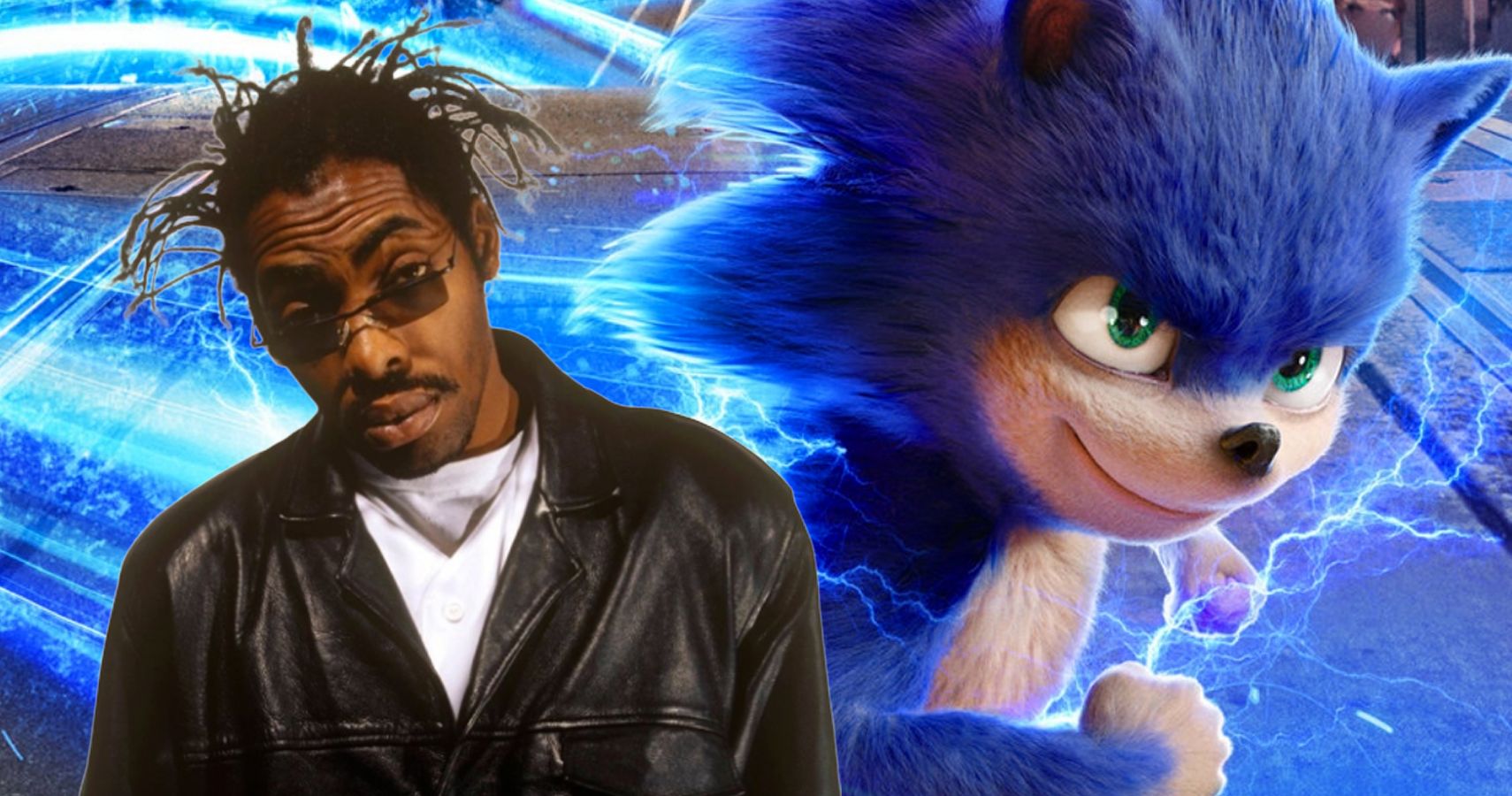
Coolio raps almost as if he’s talking to her as well, as they sit in a dark room surrounded by other people smoking and gambling. She seems frustrated throughout the video, leading us to believe that her job is causing her potential stress, or is just not going how she intended. The video uses visuals of a white female teacher going throughout her day at a presumably low-end school in a low-end area.
#COOLIO GANGSTERS PARADISE MOVIE#
Lastly, in the music video to “Gangsta’s Paradise” it brings Coolio’s lyrics to life by using very clear and somewhat movie like visuals.

Moreover, Coolio showcases how the culture differences between two different social and economic groups shines very bright. However, Coolio points out how most of the people who are saying these things are usually white higher ups with no real grasp on him or his culture. Coolio is pointing out how many people outside of his neighborhood will say he needs to better himself and learn new ways of making a living.

If they can’t understand it, how can they reach me? (Verse 3). In the song, “Gangsta’s Paradise” Coolio raps, “They say I gotta learn, but nobody’s here to teach me. While a minor mistake, this showcases how the song even holds its relevance today, with the two cultures being far from the same. This quote comes from the article about a white jeopardy contestant answering, “what is Gangster’s Paradise” besides the original title of the song. In an article from The New York Times it reads, “Is a gangsta the same as a gangster?” (Daniel Victor). Overall, Coolio uses these lyrics to show to us that this life he leads is one already made up for him and how it’s just how things have to be for a black male growing up in his type of surroundings.įurthermore, Coolio’s “Gangsta’s Paradise” showcases some obvious cultural differences between blacks and whites in America. This echoes Coolio’s sentiments of knowing that this life that is made up for him is what he’s destined to become. Coolio later states in “Gangsta’s Paradise”, “I guess they frontin’ that’s why I know my life is out of luck, fool!” (Verse 3). Coolio knows that because he came from the streets, that there’s some false pretense that says he has be down with gangs, drugs, and violence just by where he’s from and what he was born into, or he will receive harsh backlash from people around him. To illustrate, in Coolio’s lyrics of “Gangsta’s Paradise” he states, “I can’t live a normal life, I was raised by the streets, so I gotta be down with the hood team.” (Verse 2). In Coolio’s “Gangsta’s Paradise” he is attempting to convey how he is stuck in the street life and societal differences between blacks and whites keep him stuck in this life. The 1990’s was a launching pad for the hip hop genre and would bring attention to many wrong doings going on in previously ignored sectors of society.

Hip hop was a way of these artists to express what life was like for predominantly African Americans growing up in low end neighborhoods in populated cities. A lot of the hip hop of this generation had a very lyrical feel to it and echoed a sense of endearment for where they grew up, but also echoed a want to get out of their respected neighborhoods and make the existing world a better place for everyone. Gangsta’s Paradise is a hip-hop song created by the rapper Coolio in 1995.


 0 kommentar(er)
0 kommentar(er)
